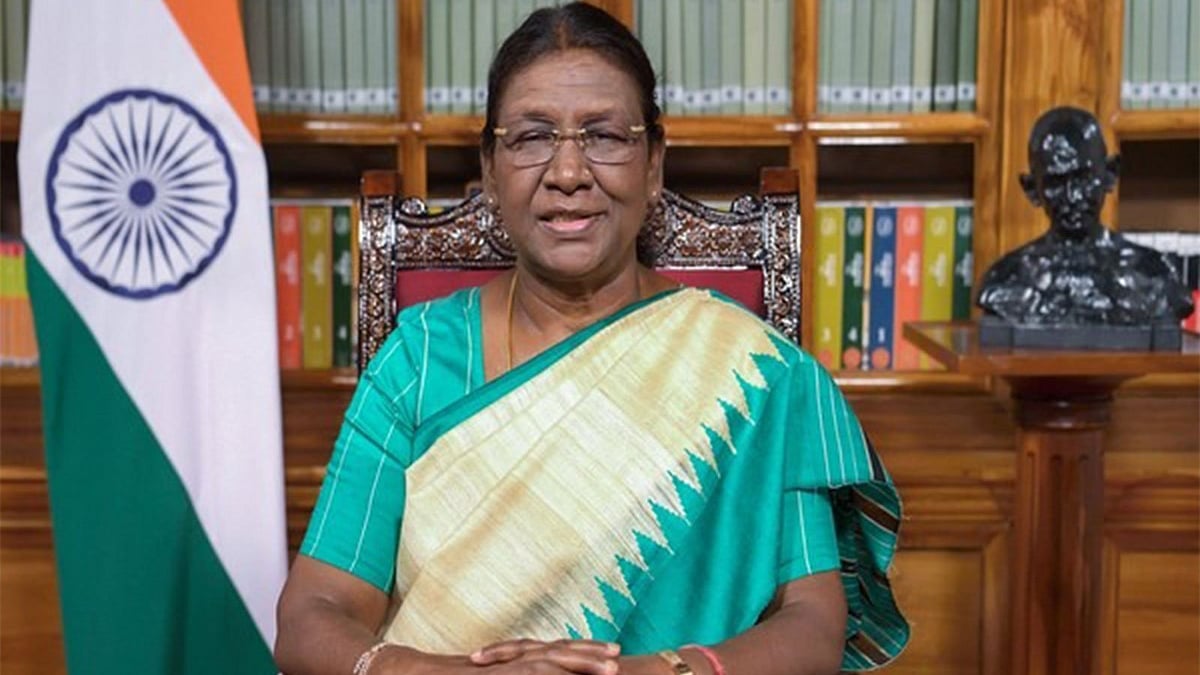In a decisive move to tackle rising health concerns, the Maharashtra government has instructed the Brihanmumbai Municipal Corporation (BMC) to begin shutting down all ‘kabootar khanas’-designated pigeon feeding spots-in Mumbai without delay. Authorities cite serious public health hazards arising from the accumulation of pigeon droppings and feathers, which have been increasingly linked to respiratory illnesses among residents.
The issue was brought to the spotlight when Shiv Sena leader and nominated MLC Manisha Kayande voiced alarm in the Maharashtra Legislative Council. She highlighted that the waste produced by large pigeon congregations poses a real danger to people living nearby, causing a surge in respiratory diseases.
Echoing similar concerns, BJP leader and Council member Chitra Wagh shared a personal tragedy, stating, “I lost my aunt due to respiratory issues triggered by prolonged exposure to pigeon droppings.”
How pigeons pose a threat to human health
While pigeons may appear harmless, research has repeatedly demonstrated that they carry diseases transmissible to humans, known as zoonoses. Pigeon droppings can harbor harmful fungi and bacteria, including Cryptococcus neoformans, Histoplasma capsulatum, and Chlamydia psittaci. These pathogens can trigger severe lung infections such as:
Histoplasmosis, caused by inhaling spores from dried droppings.
Cryptococcosis, a fungal disease that can affect the lungs and nervous system.
Psittacosis, also called “parrot fever,” which can lead to pneumonia-like symptoms.
A landmark study published in the Journal of Infection and Public Health warns that urban pigeon populations can act as reservoirs for emerging pathogens and potentially spark future epidemics. Experts caution that dense urban colonies of pigeons, like those in Mumbai, are especially problematic due to the warm, humid environment that helps disease-causing microbes thrive.
Experts warn of potential epidemics
Health researchers have pointed out that pigeons’ droppings can become airborne as fine dust, especially during cleaning or when disturbed by wind. Once inhaled, these particles can lead to long-term respiratory complications, particularly in children, the elderly, and those with
weakened immune systems.
A National Institutes of Health report stressed that unchecked pigeon populations in urban areas can contribute to the spread of pathogens that may spark the next zoonotic outbreak, underlining the importance of robust control measures.
Raising awareness and preventive measures
Apart from dismantling feeding spots, officials are also planning educational drives to inform the public about why feeding pigeons is harmful not only to human health but also to the city’s sanitation.
As the BMC prepares to enforce these new directives, experts are urging residents to avoid direct contact with pigeons and their droppings, wear protective masks when cleaning affected areas, and report unsanitary conditions to civic authorities.










